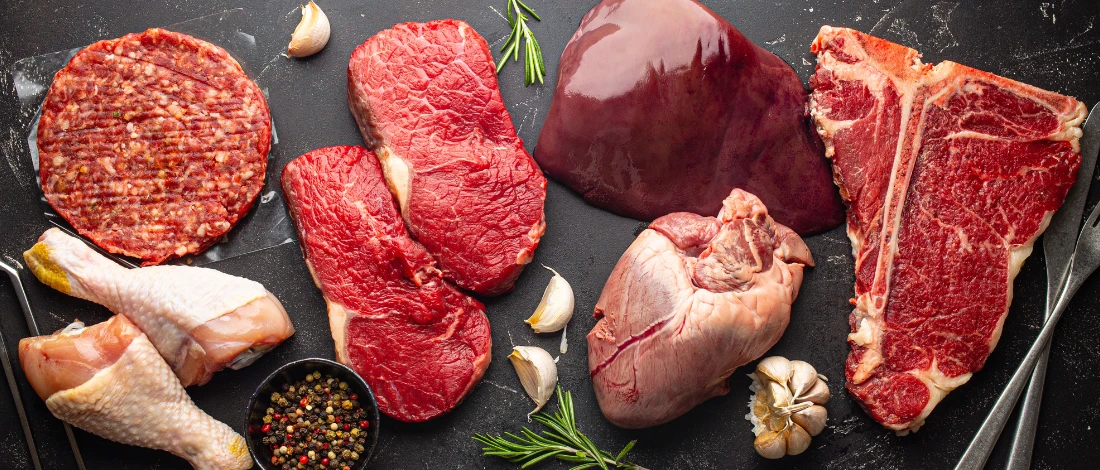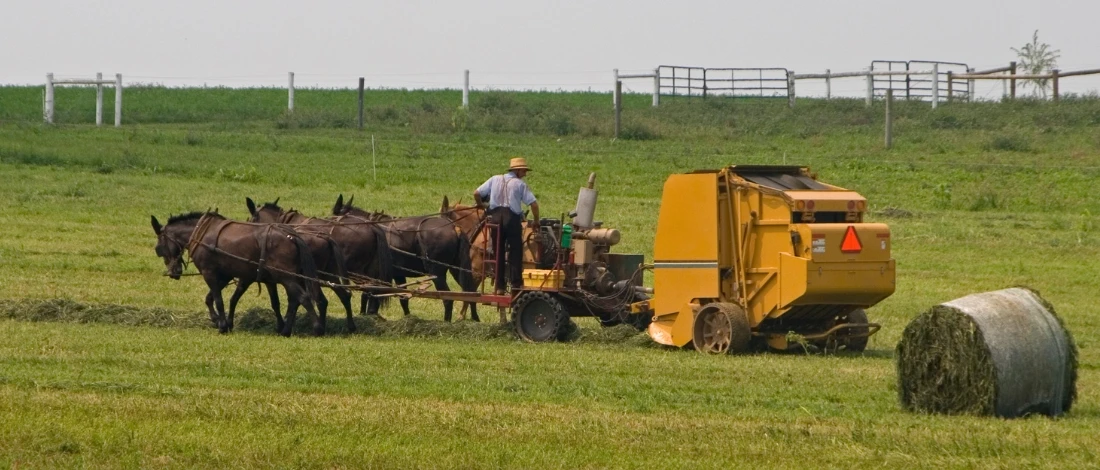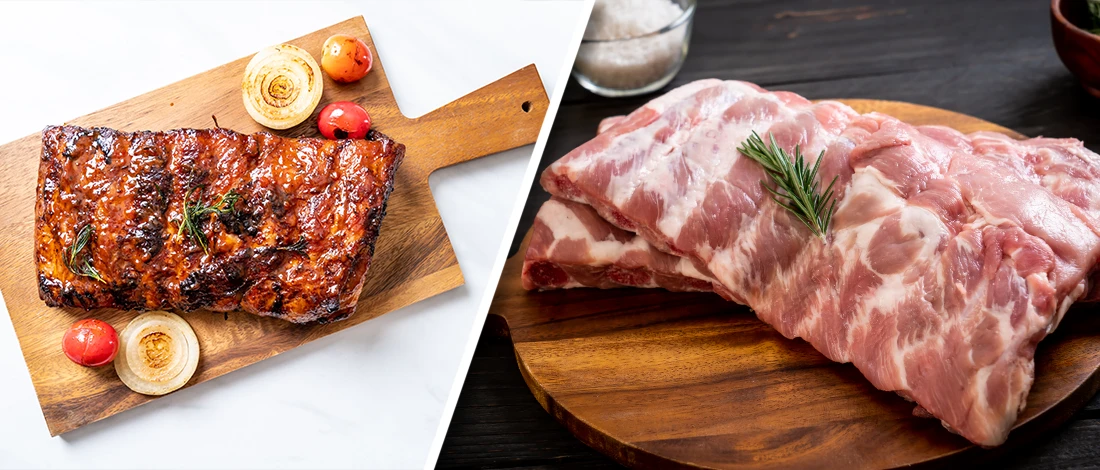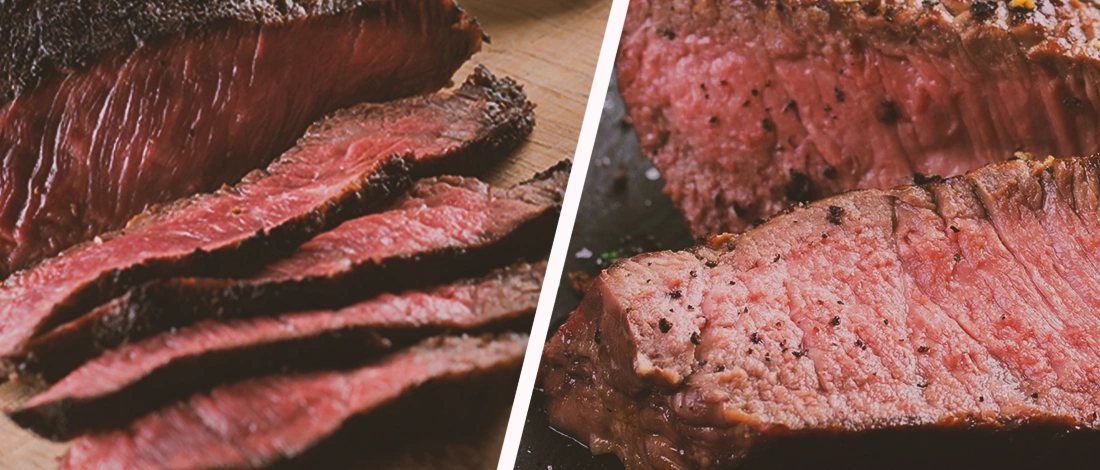Gobbling Meat Is Fueling a Climate Crisis: Here’s How to Cut Back
As millions of Americans sit down to Thanksgiving dinner, many will find roast turkey as the centerpiece of their festive spread.
However, as we celebrate, a growing body of evidence suggests that the meat-heavy diets many of us enjoy are contributing to a looming climate crisis.
From turkey to beef, the meat industry is a significant player in greenhouse gas emissions, and experts are urging consumers to consider how their eating habits impact the planet.
The Meat Industry’s Role in Climate Change
Raising livestock for meat production is responsible for a staggering amount of global greenhouse gas emissions.
According to the United Nations, the meat and dairy sectors together account for nearly 15% of all human-induced emissions. Beef, lamb, and turkey, in particular, are among the biggest culprits due to the methane released by animals during digestion, as well as the land, water, and energy used to raise them.
With climate change already showing signs of intensifying, many are calling for a reevaluation of our food choices.
The environmental toll of meat production doesn’t end with the animals themselves. The vast amount of land required for animal grazing and growing animal feed leads to deforestation, reducing the earth’s capacity to absorb carbon.
Add to that the immense water usage and transportation emissions, and the ecological footprint of our meals becomes undeniable.
Reducing Meat Consumption: Small Changes for Big Impact
While completely eliminating meat from your diet may seem overwhelming, experts suggest that small, incremental changes can make a noticeable difference.
Reducing meat consumption, especially red meat, by just one or two meals a week can help lower your carbon footprint.
The idea is simple: if everyone in the U.S. ate just one plant-based meal per week, it would have the same environmental benefit as taking 7.6 million cars off the road.
Additionally, switching to more sustainable options, such as plant-based proteins or meats produced with lower environmental impacts, can further help mitigate climate harm.
While a completely vegetarian or vegan lifestyle may not be for everyone, conscious decision-making when it comes to meat consumption can go a long way.
The Takeaway
The choices we make at the dinner table, especially around the holidays, have a lasting impact on our planet. While indulging in a Thanksgiving feast is a beloved tradition, the climate crisis demands that we reexamine the sustainability of our food systems.
By cutting back on meat—whether it’s by swapping out turkey for a plant-based option or simply reducing meat intake in our everyday meals—we can make a meaningful difference for the planet’s future.
If you want to learn more about the environmental impact of meat production and how to make sustainable choices in your meat consumption, visit our homepage.






